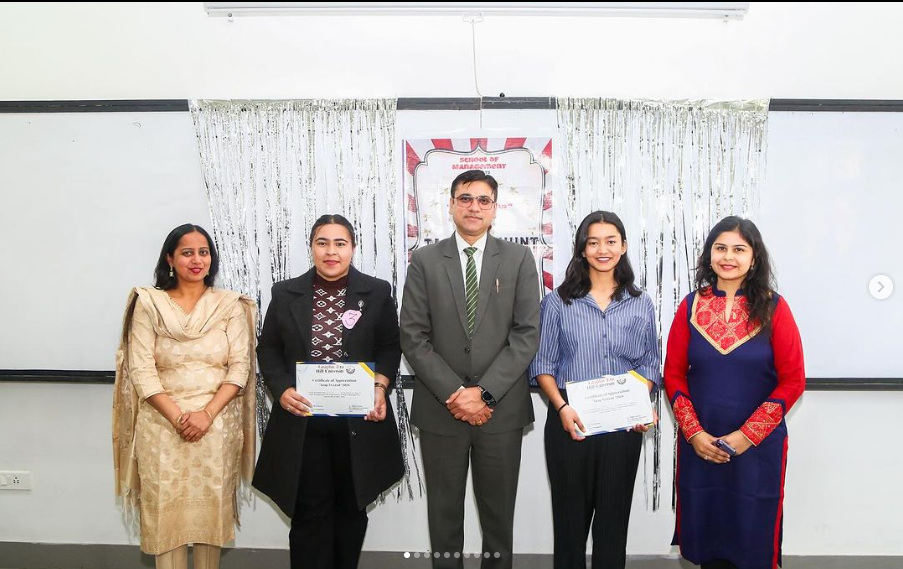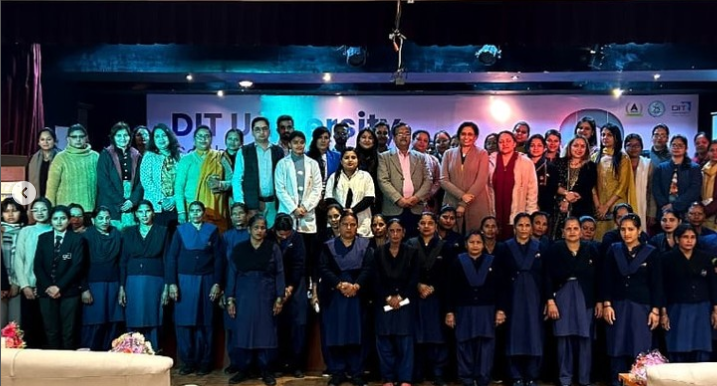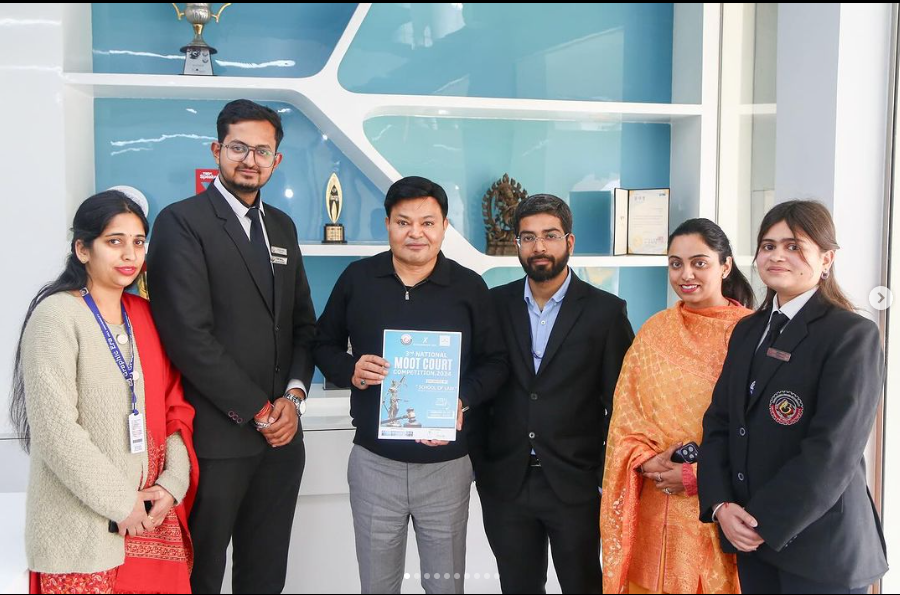Risk Management in Business: Strategies for BBA Students
Introduction: Risk management is a fundamental aspect of business operations, essential for identifying, assessing, and mitigating potential risks that may impact organizational objectives. In the dynamic and competitive business environment, BBA students must develop a thorough understanding of risk management strategies to navigate uncertainties and safeguard the interests of businesses. In this article, we will explore the importance of risk management in business and discuss strategies that BBA students can adopt to effectively manage risks. Risk management involves identifying potential risks, analyzing their potential impact, and implementing strategies to mitigate or minimize their adverse effects. In the context of business, risks can arise from various sources, including economic fluctuations, market volatility, technological disruptions, regulatory changes, and operational challenges. For BBA students, understanding risk management is crucial as it enables them to make informed decisions, anticipate potential challenges, and develop strategies to protect business interests. By integrating risk management principles into their coursework, BBA programs equip students with the skills and knowledge needed to address risk factors and contribute to organizational resilience. Here are some strategies for risk management that BBA students can adopt: Risk Identification: BBA students should develop the ability to identify potential risks that may affect businesses. This involves conducting comprehensive risk assessments, analyzing internal and external factors, and identifying vulnerabilities in various business functions. Risk Assessment: Once risks are identified, BBA students must assess their potential impact on business operations, financial performance, and strategic objectives. This involves evaluating the likelihood of risks occurring and their potential consequences. Risk Mitigation: BBA students should develop strategies to mitigate or minimize identified risks. This may involve implementing preventive measures, developing contingency plans, diversifying business operations, and investing in risk management tools and technologies. Risk Monitoring and Review: BBA students should continuously monitor and review risk factors to ensure that risk management strategies remain effective. This involves staying updated on industry trends, regulatory changes, and emerging risks that may impact businesses. Risk Communication: Effective communication is essential in risk management. BBA students should develop the ability to communicate risk-related information to stakeholders, including senior management, employees, investors, and other relevant parties. Risk Culture: BBA students should promote a risk-aware culture within organizations, encouraging proactive risk management practices at all levels of the organization. This involves fostering a culture of transparency, accountability, and continuous improvement in managing risks. In Dehradun, several institutions offer comprehensive BBA programs that integrate risk management education into their curriculum. Among these institutions, the Best BBA Colleges in Dehradun, such as College Forum, stand out for their commitment to providing quality education in business administration, including risk management principles. College Forum offers a comprehensive BBA program that equips students with the skills, knowledge, and practical experience needed to succeed in the dynamic world of business. With a focus on industry-relevant curriculum, experienced faculty, and state-of-the-art infrastructure, College Forum is a top choice for students aspiring to pursue a career in business administration with a strong foundation in risk management. In conclusion, risk management is a critical aspect of business operations that BBA students must understand and master. By adopting effective risk management strategies, BBA students can contribute to organizational success, mitigate potential risks, and seize opportunities for growth and innovation. Institutions like College Forum provide BBA students with the necessary education and resources to excel in risk management and emerge as competent business leaders in today’s competitive business environment.
Risk Management in Business: Strategies for BBA Students Read More »









